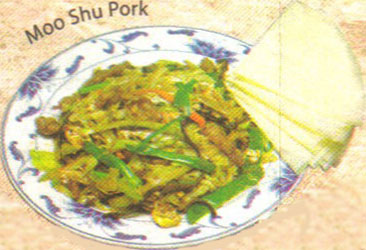
During the Jian'an period at the end of the Han Dynasty, the “Three Caos” (Cao Cao, Cao Pi and Cao Zhi) and the “Seven Jian'an Masters” (Kong Rong, Chen Lin, Wang Can, Xu Gan, Ruan Yu, Ying Xi, Liu Zhen) sustained the realism of yuefu folksongs and wrote five-character poems, unleashing an upsurge in scholarly poetry. Their poems spoke to the spirit of the times and invoked an ambience of heroism and sadness, molding a style later referred to as Jian'an.
Among the seven Jian'an masters Wang Can is the most acknowledged, his Poem of Seven Sorrows mirroring the chaos caused by the war at the end of the Han Dynasty. The three Caos were very well-known in the literary circles of the Jian'an Period.
The work of the eminent poet Cao Zhi (192-232 A.D.) was exacting and robust with exquisite description, flowery language and elegant metaphors, as in his Presented to Biao, King of Baima. Greatly influenced by yuefu folksongs but more lyrical, Cao Zhi's poems mark the transition in poetry from yuefu folksongs to five-character poetry.











 PREVIOUS
PREVIOUS



